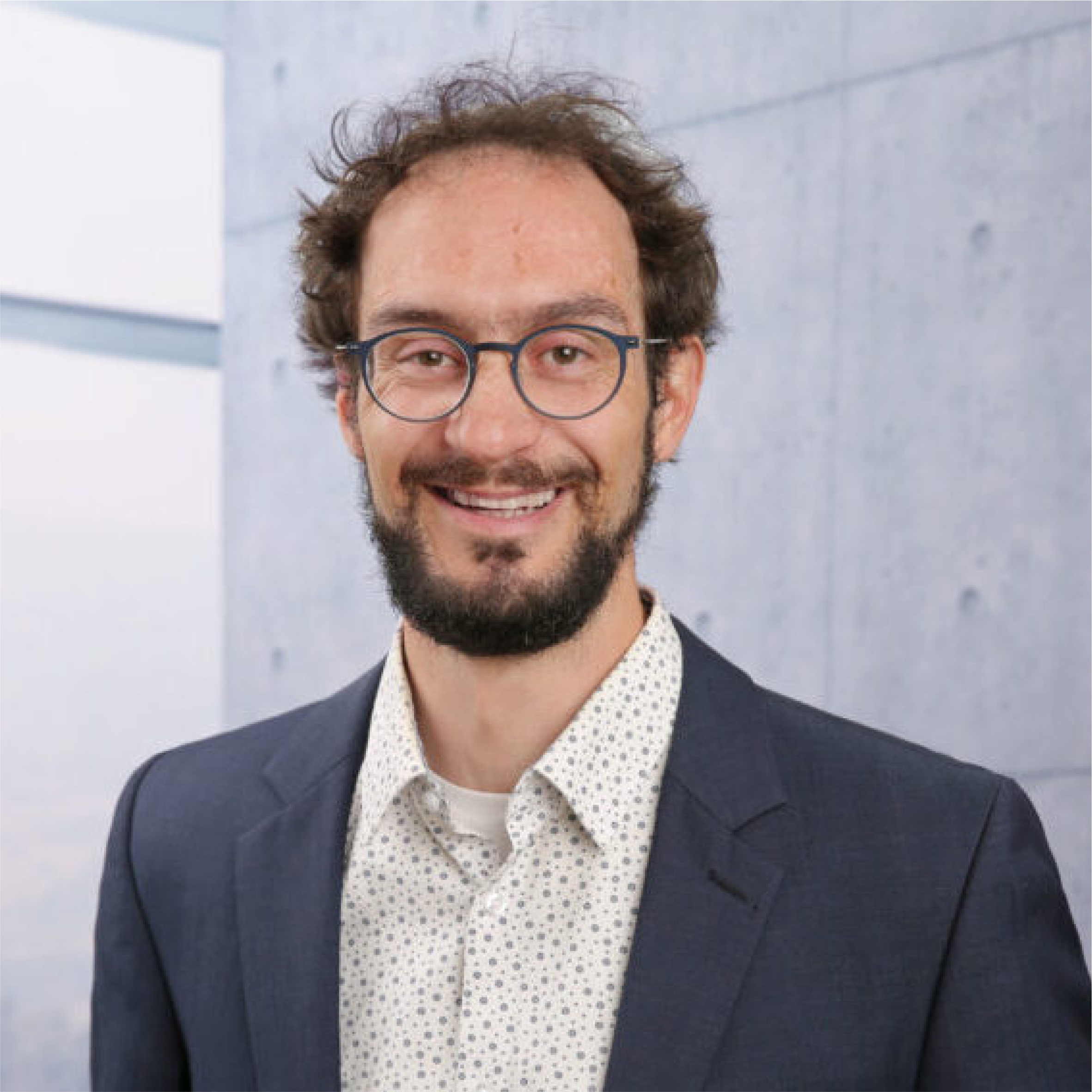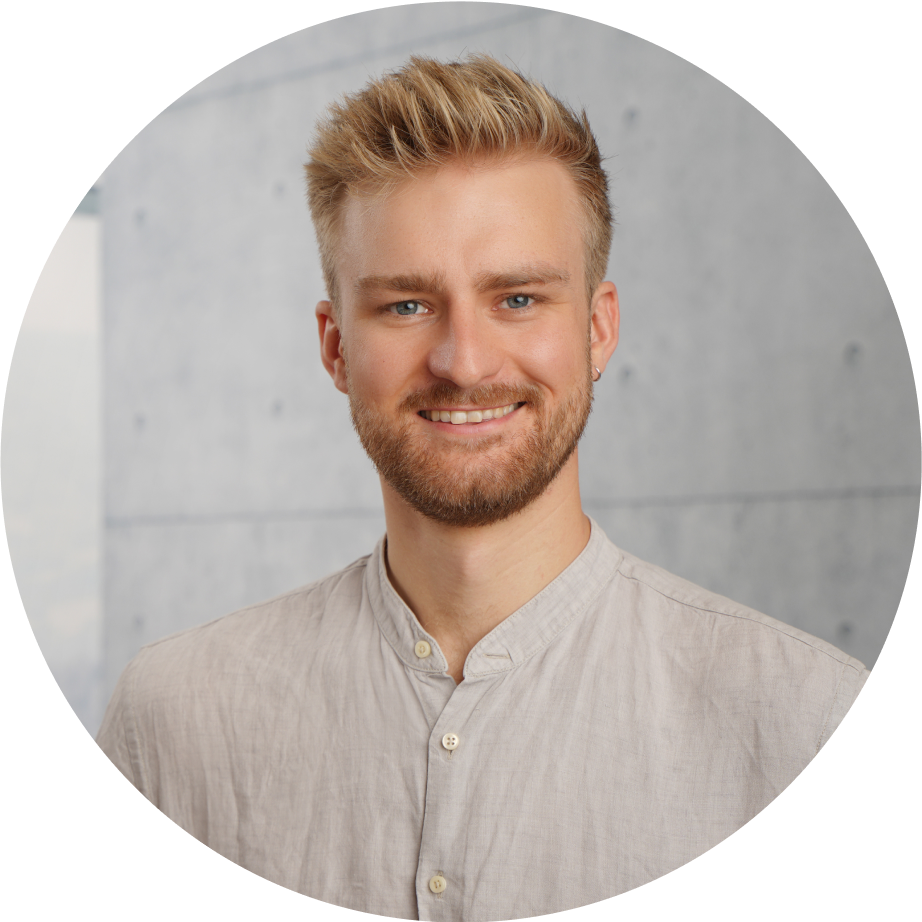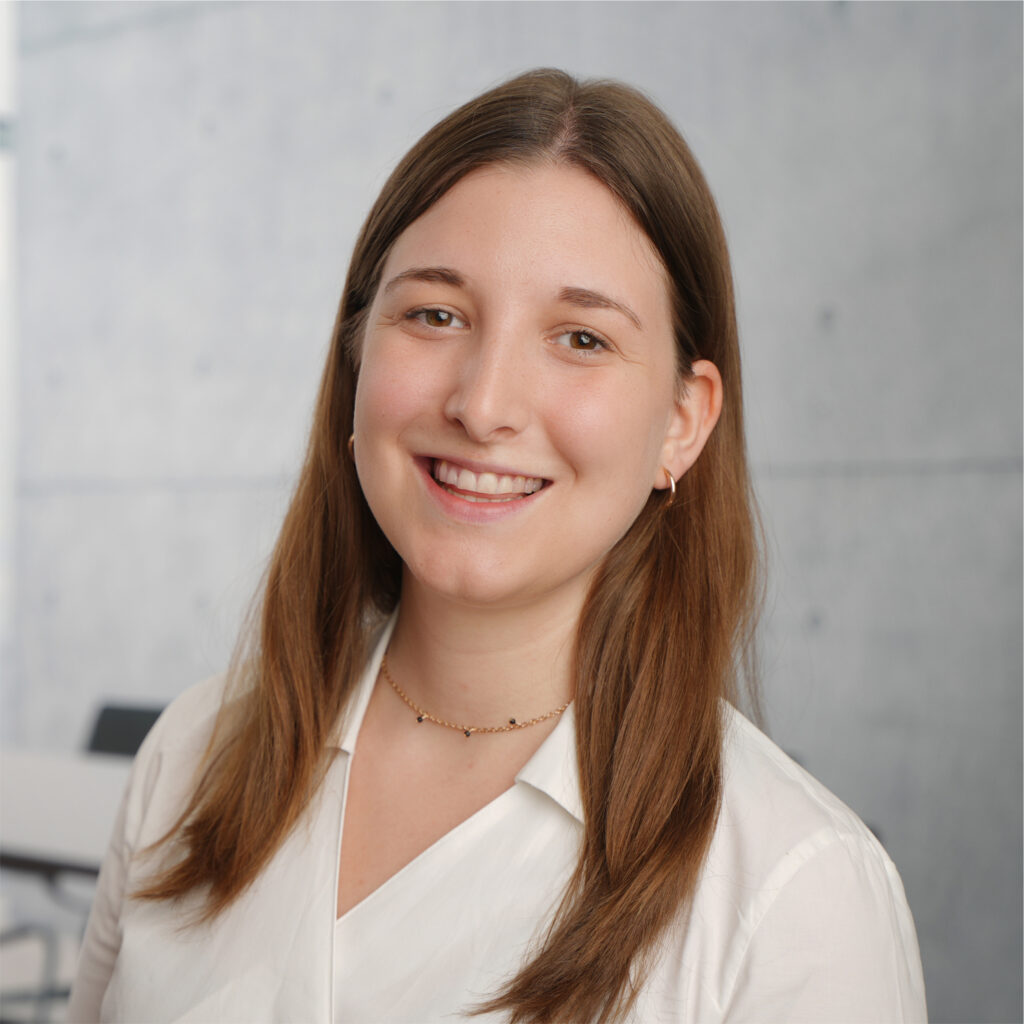
Dr. Jan Fries
Team Lead International Social Policy
At WifOR, I call upon all my skills to analyze and promote the interconnection of skilled labor and the health economy.
Researcher Portrait: Dr. Jan Fries
Senior researcher, team lead, and long-distance cyclist – Dr. Jan Fries began his WifOR journey back in the summer of 2021. With over a decade and a half of experience in teaching and research, Jan is an expert in labor markets and health economics. Since joining WifOR’s International Social Policy research department, he has worked on global projects varying from the value of the Health Economy in Latin America to the future skill requirements for labor in industries such as Germany’s automotive sector. Jan is based in Wiesbaden, Germany, and balances his schedule between spending time in the the office with colleagues and enjoying the freedom to work from home (while, on the odd occasion, to be found cycling through Europe’s mountainous terrains).
Professional and academic background
Jan’s journey into academia began with studying economics, initially in Freiburg and then Berlin, before a career in research started to take shape. Having “stumbled” into economics, Jan became hooked by a fascination for empirical approaches to normative questions such as “Do hiring subsidies keep people on the job?” and “Can organizations motivate employees through specific training?” This research focus grew into a teaching role at the University of Applied Labor Studies (Mannheim) before a career jump into an advisory position for economic policy.
“When I started working for the German Council of Economic Experts, I learned how to translate research into economic policy and to communicate my research – both to internal stakeholders and public audiences,” Jan says. “It’s so important to bring scientific analysis into public discussion.”
Dr. Jan Fries’ WifOR Journey
Following several years at the German Council of Economic Experts, Jan sought a new challenge which would combine scientific research with policy consulting. At the intersection between academia, business, and politics, WifOR was an obvious candidate and International Social Policy was a perfect fit for Jan’s experience. The variety of global project partners, from government ministries and associations to companies and NGOs, was another pull-factor for him.
To Jan, it was, and is, also a top priority to operate between in-person meetings at the office and the option of working remotely. “Meetings face-to-face are simply more fun and bring a personal element which can’t be replicated online,” Jan explains. “But on the post-Covid labor market, having the flexibility to decide for yourself where you work from has become increasingly important. WifOR’s Hybrid Work Model allows me this freedom.”
In August 2021, Jan stepped into the role of Senior Researcher at WifOR, where his purview includes carrying out scientific analysis, organizing research projects, and investigating future concepts and potential partnerships. A couple of months later, he was offered the position of Team Lead – and with it the responsibility of managing his own team of five colleagues.
Whilst continuing as a Senior Researcher, Jan’s WifOR journey has led him to develop his scientific research abilities gained from previous professional experiences. It also offers the opportunity to face new challenges in leadership and project management in an international environment.
Research focus: labor markets and the Health Economy
“At WifOR, I call upon all my skills to analyze and promote the interconnection of skilled labor and the health economy,” Jan answered when asked about the projects he has worked on since joining the Institute.
A specialist in labor markets and health economics, he sees both areas going through a period of flux. Pivotal socioeconomic transformations are instigating fundamental changes in the structure of labor markets. Demographic fluctuation and iterations of digitalization are resulting in an ever-increasing shortage of skilled labor. Simultaneously, the expertise demanded are also rapidly evolving, Jan explains. A recent study he co-authored analyzes meaningful transition paths for employees in the German automotive sector. As society “moves” towards more sustainable modes, what will the consequences be for those currently working on combustion engines? And which new skills will be required from future employees?
Meanwhile, the pandemic has underlined the importance of health systems to people, society, and economies. “Now is the time to judge which health policies should stay and how health systems must be transformed.” For example, while Latin America was one of the hardest hit areas by Covid-19, WifOR’s recent study on the region’s Health Economy, co-authored by Jan, shows that health investments offer not just a return in public health, but also promote societal resilience and economic growth. Shifting the perception of health away from a focus on cost and towards understanding it as a smart investment is at the heart of our research.
Vision: bridging the gap between labor and health
Dr. Jan Fries identifies a critical opportunity in his research. “In labor economics, the most pressing topic is skill shortages, while health economics elucidates productivity gains when populations become healthier.” Examining the link between these two threads is at the core of Jan’s research targets. He strives to establish how the productivity gains from better health can be harnessed to navigate labor shortages and the evolution of skill requirements.



